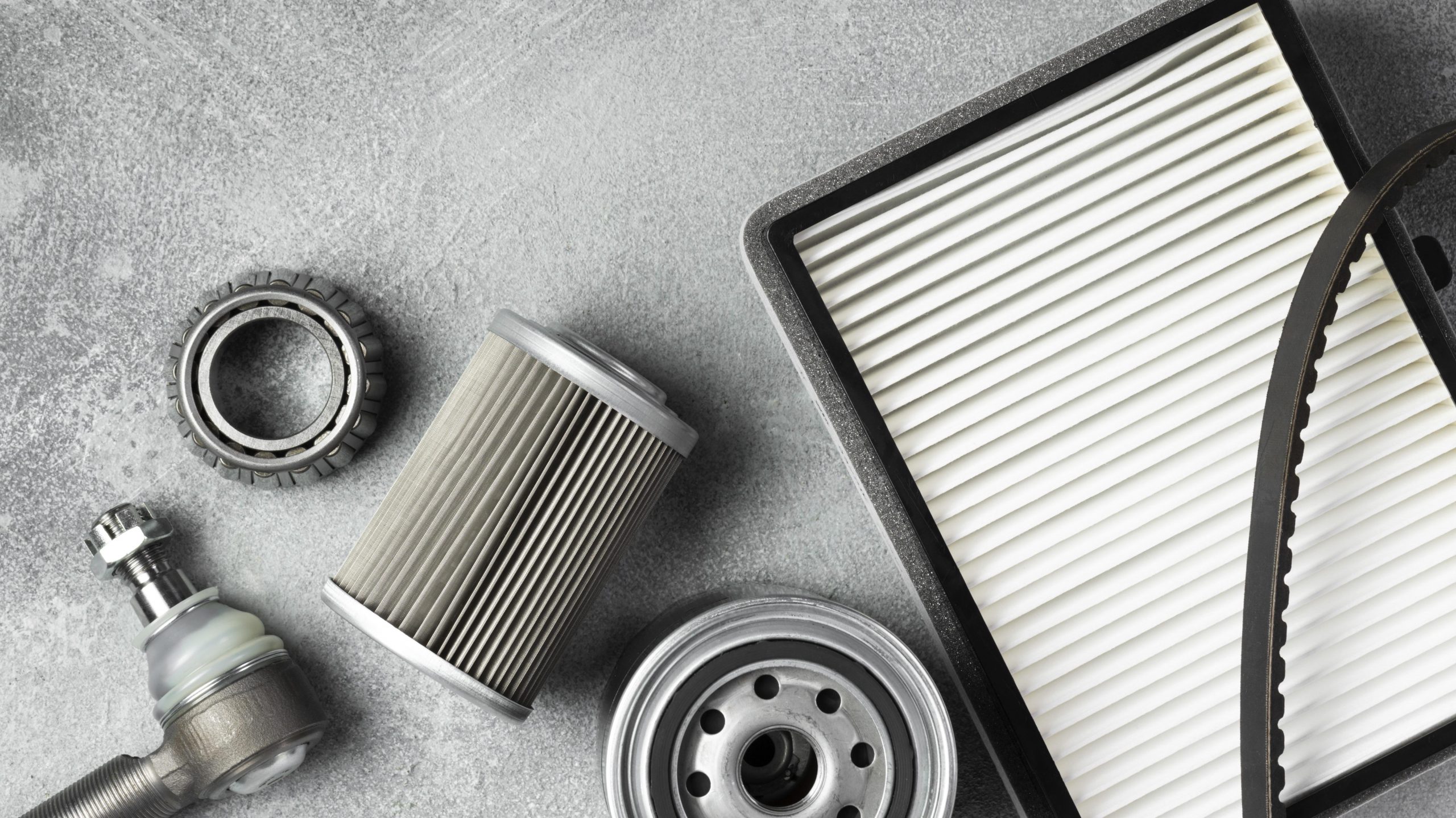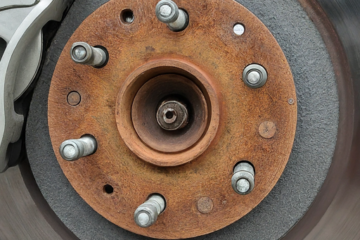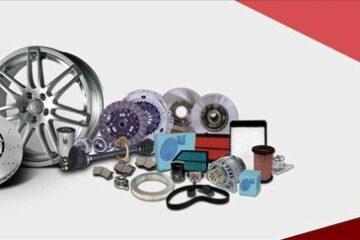Air Filter Needs Regular Replacement
Your car’s air filter is a vital part of your vehicle’s engine. It helps to keep the engine clean and running smoothly by filtering out dirt, dust, and other debris from the air that enters the engine. Over time, the air filter becomes clogged and blocks the optimal supply of air.
A dirty air filter can cause a number of problems, including:
- Reduced fuel economy
- Increased emissions
- Engine overheating
- Engine knocking or idling problems
- Decreased engine performance
- Increased wear and tear on engine components

To help prevent these problems, it is important to replace your car’s air filter regularly. The frequency with which you need to replace your air filter will vary depending on your driving conditions and the type of filter you use. However, most experts recommend replacing your air filter every 12,000 to 15,000 miles.
If you are not sure how often to replace your air filter, you can check your owner’s manual for the recommended schedule. You can also have your air filter checked by a qualified mechanic during regular oil changes.
Replacing your car’s air filter is a relatively easy task that can be done at home. Most air filters are located under the hood of your car. To replace your air filter, simply locate the filter housing, remove the old filter, and install the new filter.
Benefits of regularly replacing your car’s air filter:
- Enhanced Engine Performance: A clean air filter allows a steady flow of clean air into the engine, ensuring the perfect air-fuel mixture required for efficient combustion. By replacing your air filter regularly, you prevent clogging and maintain proper airflow, leading to improved engine performance. A well-functioning engine translates into better acceleration, increased horsepower, and overall smoother operation.
- Fuel Efficiency and Cost Savings: Did you know that a clogged air filter can negatively impact your car’s fuel efficiency? When the air filter becomes dirty and obstructed, the engine has to work harder to draw in air, leading to an imbalance in the air-fuel mixture. This imbalance can result in reduced fuel efficiency, forcing you to spend more at the gas pump. By replacing your air filter on time, you can optimize fuel combustion, increase your mileage, and save money on fuel costs in the long run.
- Engine Protection: An air filter acts as a barrier, preventing harmful particles such as dust, dirt, pollen, and debris from entering your engine. Over time, these particles can accumulate and cause significant damage, leading to premature engine wear and decreased lifespan. Regularly replacing the air filter ensures that your engine remains clean and protected from contaminants, maintaining its longevity and reducing the risk of costly repairs.
- Improved Air Quality: While the primary function of a car’s air filter is to protect the engine, it also plays a role in maintaining clean air inside the vehicle cabin. A clogged air filter can lead to reduced airflow to the HVAC system, resulting in poor air circulation and potential allergen buildup. By replacing the air filter regularly, you ensure that the air circulating inside your car remains clean and free from pollutants, providing a healthier and more comfortable environment for you and your passengers.
- Prolonged Life for Other Engine Components: A clogged air filter can have a cascading effect on other engine components, particularly those related to the intake system. When the air filter is dirty, it can lead to the contamination of other parts such as the Mass Air Flow (MAF) sensor or the throttle body. Over time, this contamination can disrupt the proper functioning of these components and lead to costly repairs. By regularly replacing your air filter, you minimize the risk of damage to other engine parts, ensuring their longevity and reliable performance.
Here are some additional tips for choosing and maintaining your car’s air filter:
- Choose a high-quality air filter. A high-quality air filter will be made from a thicker material and will have a more dense weave. This will help to trap more dirt and debris from the air.
- Change your air filter more often if you drive in dusty or dirty conditions. If you live in an area with a lot of dust or dirt in the air, you may need to change your air filter more often than every 12,000 to 15,000 miles.
- Inspect your air filter regularly. Even if you are not due to change your air filter, it is a good idea to inspect it every few months. If the filter is dirty or damaged, it should be replaced immediately.
Conclusion: The importance of regularly replacing your car’s air filter cannot be overstated. From improved engine performance and fuel efficiency to engine protection and cleaner air quality, the benefits are numerous. By incorporating this simple maintenance task into your routine, you not only prolong the life of your vehicle but also save money on fuel costs and potential repairs. So, don’t underestimate the power of a clean air filter—it’s a small investment that yields significant returns for both your car and your overall driving experience.
By following these tips, you can help to ensure that your car’s air filter is always in good condition and that your engine is clean and running smoothly improve your fuel economy, and reduce your emissions.
For all your car maintenance replacement parts and accessories, visit AutoPartsWAY.com.
They offer over 5 million auto parts and auto accessories at up to 80% off retail.
USA: https://www.autopartsway.com
Canada: https://www.autopartsway.ca




